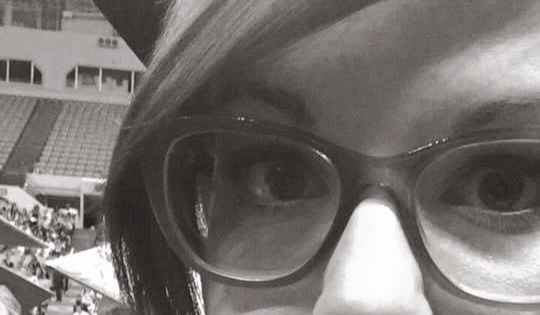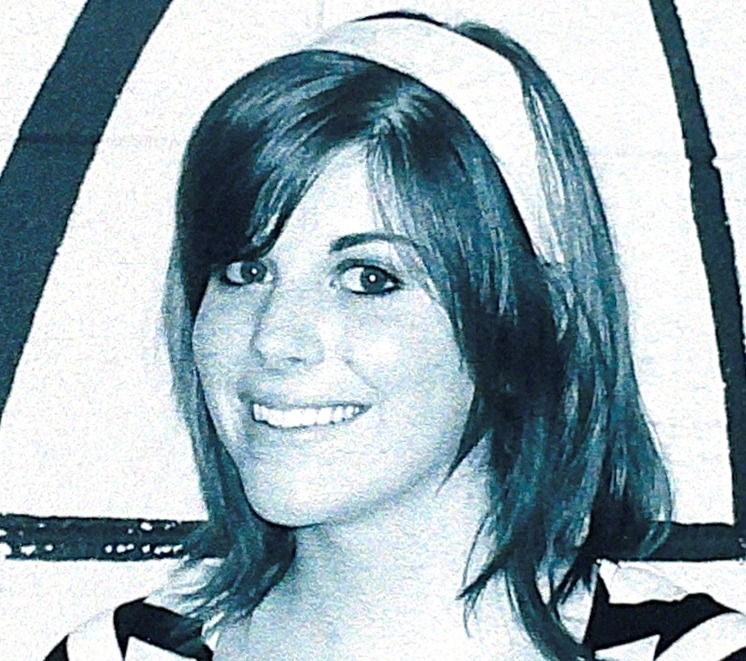Goodbye Toxicity, Hello New Year!
When I hear the word ‘embodiment’......My eyes roll into the back of my head, and are permanently stuck there. This confession makes me feel like the

Grief is such an elusive topic. Throughout the years serving children, adolescents and adults I’ve witnessed grief in the most unsuspecting places. A grief observed is more common than you would expect.
It creeps up when a child is finally approved to be adopted, and subsequently has to admit they won’t be going back home with their parents. In adolescents, it occurs when they finally return to school in person, but will miss that time with their parents at home. Adults will admit feelings of sadness when they’ve been promoted into a new position, due to responsibilities changing and relationship dynamics looking different.
When we talk about "grief" it is typically relegated to death. The loss of a loved one and the thought of going on with life in their absence. While that is most certainly a grief experience in the truest sense, I am drawn to the lesser known, more quiet moments of grief that catch us by surprise and often leave us feeling confused.
When I completed my master’s program, I expierenced unexpected grief. Here I was, fresh with knowledge on how to help people and given the go-ahead from the powers that be that I could, in fact, go forth and do good work. And yet—I was all alone. Where there were once many colleagues and fellow students who were on the same path as me, now it was just myself. I remember feeling sad and tearful, turning to the people in my life and asking, “Why do I feel this way? I should be excited, joyful and eager!” Instead, I was missing my counseling family. I was missing the collective experience of learning and growing amongst friends.
Now, when I get to know clients, I intentionally keep myself on the lookout for similar experiences. This plays out most with parents—particularly in mothers. When working with them to help their own children we will find ourselves in a moment of silence when I ask them, “Did you anticipate parenthood to look like this for you?” They usually laugh, then sigh, and acknowledge no, they didn’t. It’s my job as a counselor to validate that thought—and to define those feelings of grief associated with what they hoped parenting would be, as compared to their current reality.
I love this definition of grief (From griefrecoverymethod.com):
It acknowledges that any loss or change can become the catalyst for grief. I enjoy working with clients on major life transitions—whether it be graduating from school, taking on a new job, becoming a parent, or beginning a new relationship. All of these experiences are rich with change, loss and the potential for great growth and joy. I'd love to work with you to find that joy again in your life.

When I hear the word ‘embodiment’......My eyes roll into the back of my head, and are permanently stuck there. This confession makes me feel like the

When I am in my office, I am guided by what I needed when I was younger. I needed a therapist that was empathic, funny, nonjudgmental and above all...

I’m back again with my boundary stuff, building my self awareness. If you have followed me on this journey of understanding the significance of ...